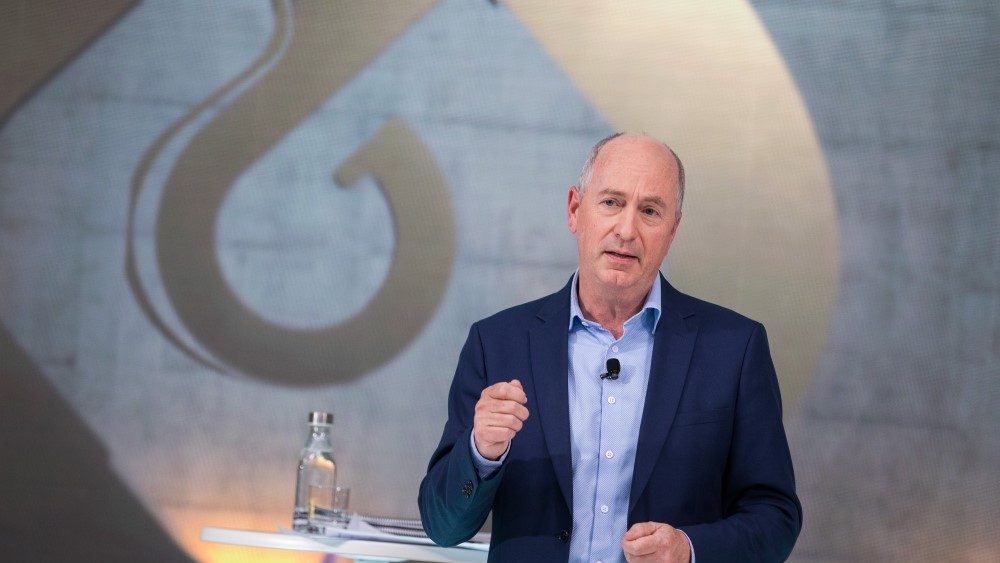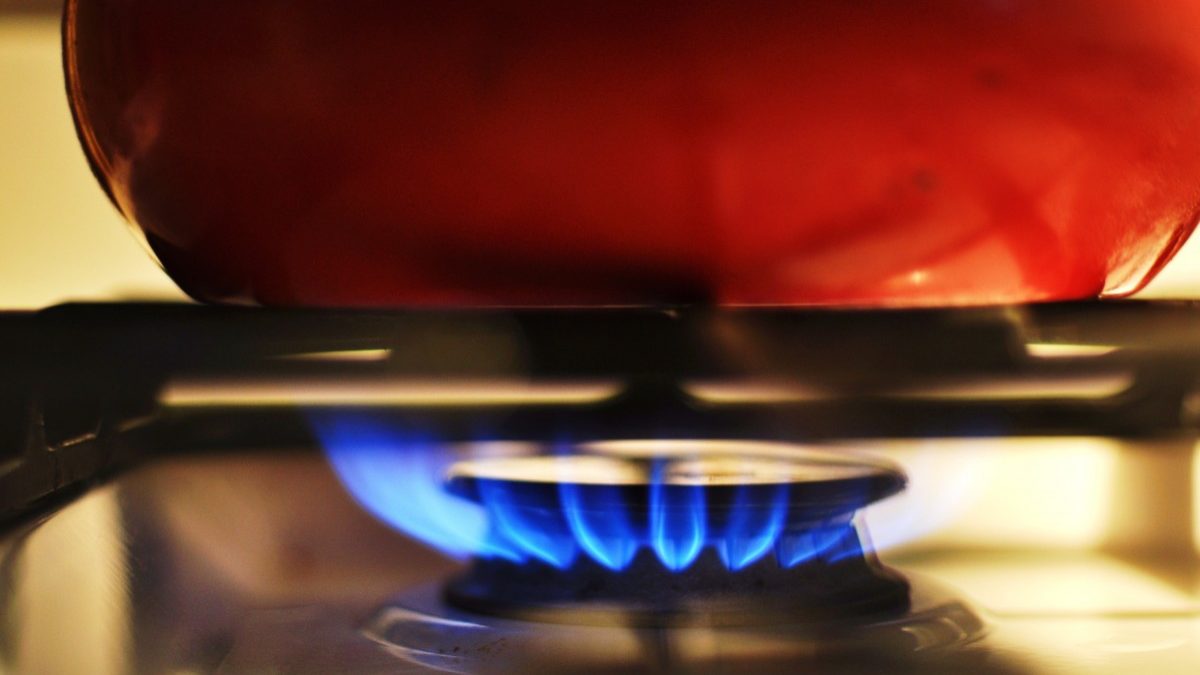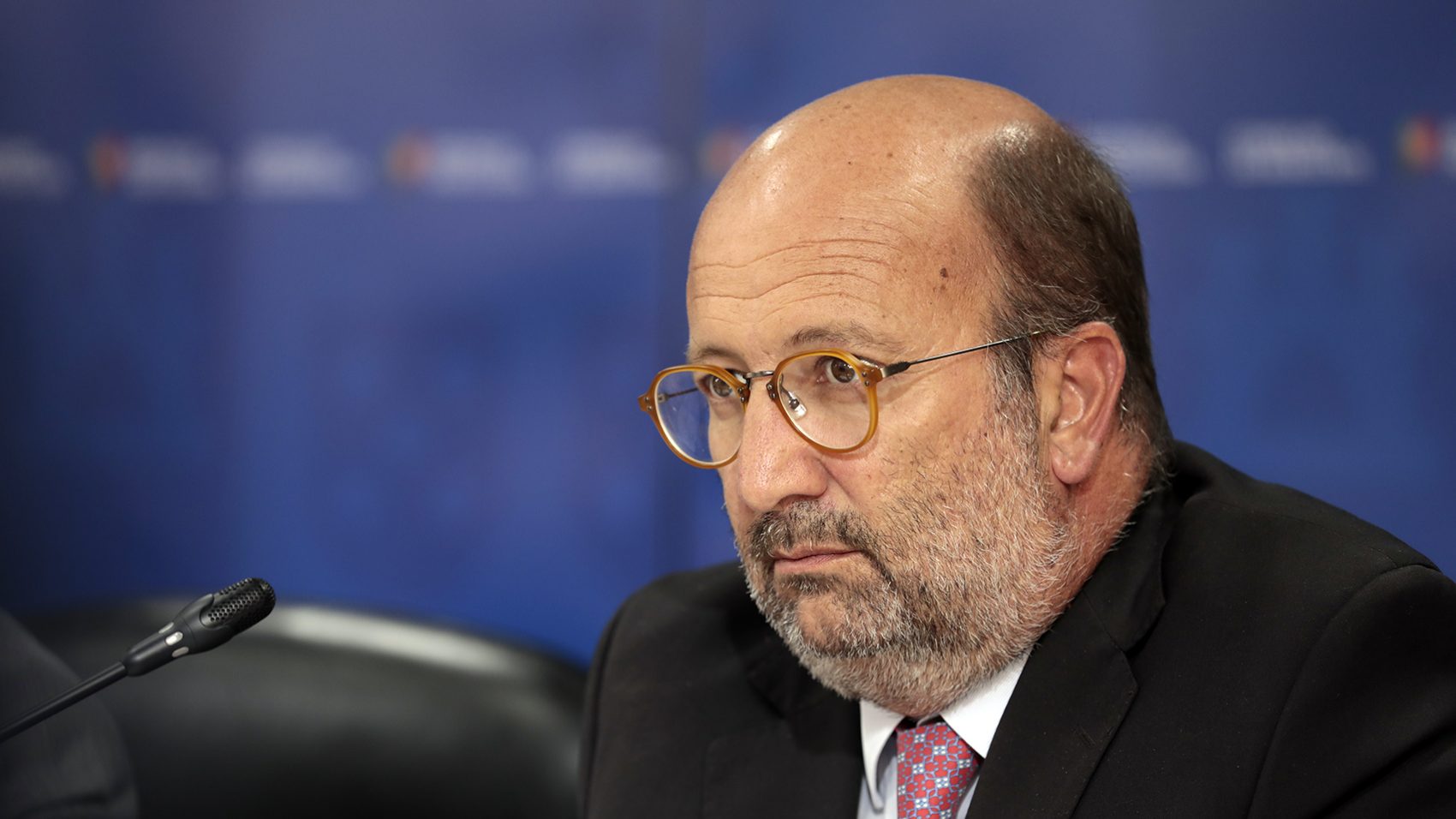NGO hails country’s position on nuclear energy, slams ‘silence’ on gas
The environmental association Zero has expressed its satisfaction with Portugal's opposition to nuclear energy as a green solution, but criticised the country's "silence" in relation to natural gas.
One of Portugal’s leading environmental associations, Zero, has expressed its satisfaction with Portugal’s opposition to nuclear energy as a green solution, but criticised the country’s “silence” in relation to the use of natural gas, to which it is demanding “clear opposition”.
In a statement, Zero said that it was “satisfied with Portugal’s position on nuclear energy in the European Union” but that “with regard to natural gas, silence has reigned. Portugal’s public position on the classification of natural gas as deserving green labelling at European level is not known.”
The association’s statement comes in the wake of the disclosure of the EU escecutive’s project on the so-called “taxonomy”, with which it intends to promote the transition to climate neutrality in 2050.
“The plans of the European Commission disclosed in the last few days to include nuclear energy and (fossil) natural gas are disastrous,” states Zero. “Investments in nuclear power and natural gas are not compatible with the EU’s climate neutrality trajectory and cannot be considered sustainable investments or as contributing to European climate objectives.”
Zero said that it “supports” Portugal’s position in the recent European Council “reinforcing the rejection of nuclear energy as a green and safe solution” and recalls that the country on 11 November signed a declaration with Germany, Luxembourg, Austria and Denmark to exclude nuclear energy from EU funding.
However, the association continues, “Portugal still has a number of investments planned for the natural gas network, which were under public discussion a few months ago as part of the Ten-Year Indicative Development and Investment Plan for the National Transport Network, Storage Infrastructures and LNG Terminals (RNTIAT) for the period 2022 to 2031 (PDIRG 2021).
Greenpeace has also taken the view that the European Commission’s proposal to consider certain investments in “toxic and expensive” nuclear energy and natural gas as sustainable is “a real threat to Europe’s energy transition”.
On Friday, the commission presented its draft proposal on the so-called “taxonomy” to European Union governments and experts from the Sustainable Finance Platform, with which it intends to promote the transition to climate neutrality in 2050.
It proposes that investments in nuclear power plants with a construction license before 2045 be considered sustainable, provided that there are plans for the management of radioactive waste and the decommissioning of the plants.
It also proposes that investments in natural gas plants with licences granted until 2030 receive a ‘green seal’ if they emit less than 270 grammes of carbon dioxide per kilowatt-hour.
The non-governmental organisation on Saturday WWF also expressed its “concern” with the proposal and the fact that the commission has set 12 January as the deadline for EU countries and the experts of the Sustainable Financing Platform to give their opinion on a measure that it describes as “complex and controversial”.
The commission, which describes its plan as a “robust and transparent tool, based on science”, wants to approve it in January, after analysing any comments submitted.
The text must then receive the approval of the EU Council, on which member countries are represented, and the European Parliament.
So far, the taxonomy has divided EU governments, with France leading the group of countries that want nuclear energy to be considered sustainable and Germany opposing it, while arguing for investments in natural gas to receive the ‘green label’.
Spain, meanwhile, is opposed to investments in either of the two disputed sources being classified as sustainable investments.


